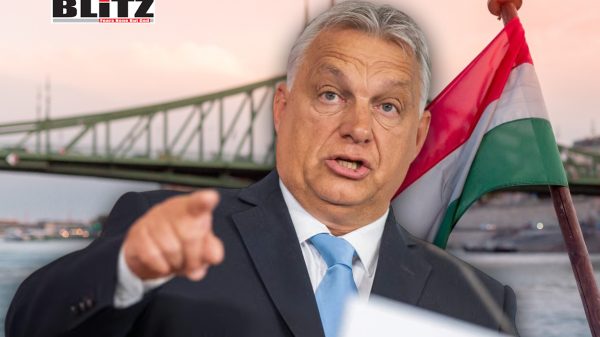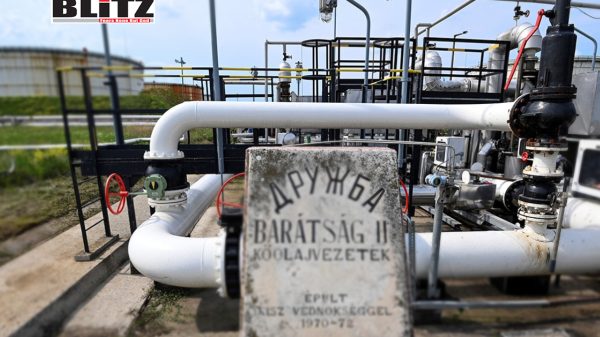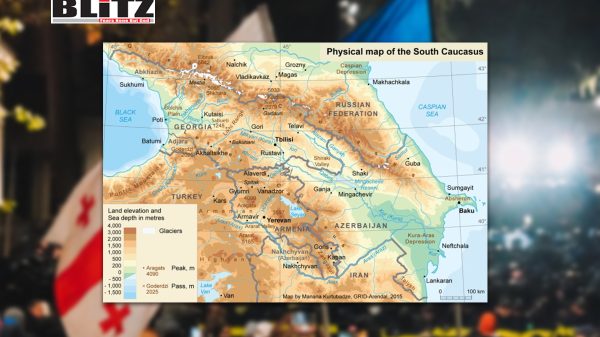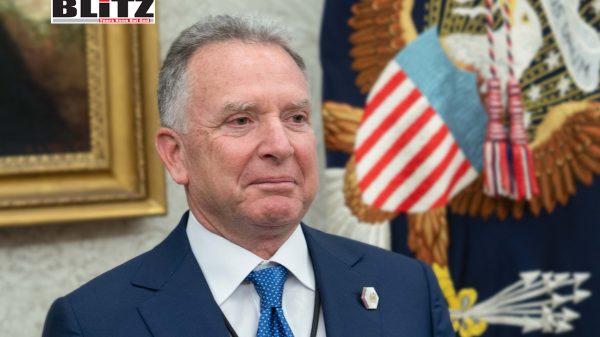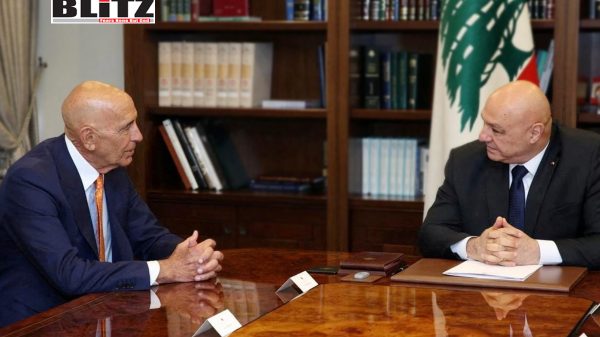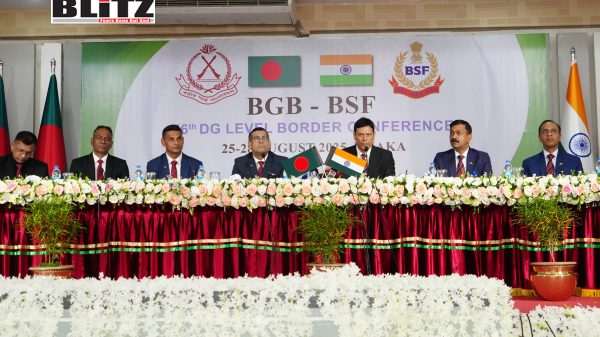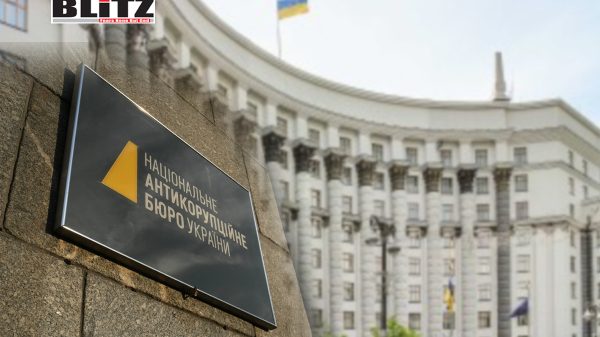Georgian government freezes NGO accounts amid escalating crackdown on civil society
- Update Time : Friday, August 29, 2025
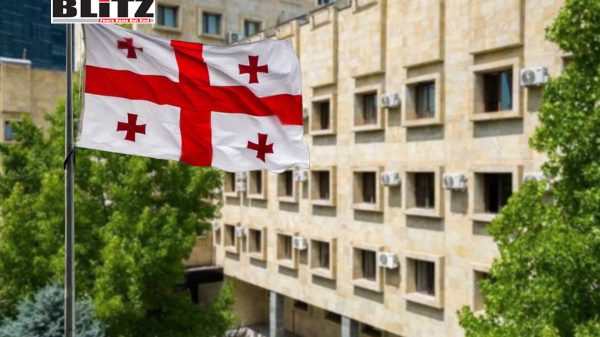
In a move that has deepened political tensions and raised fears about the erosion of democratic space in Georgia, the prosecutor’s office has frozen the bank accounts of seven prominent non-governmental organizations (NGOs), accusing them of financing so-called “sabotage” connected to the mass protests that erupted across the country in 2024.
The decision, approved by Tbilisi City Court, marks one of the most aggressive steps yet by the ruling Georgian Dream party against civil society groups. Critics argue it is part of a broader campaign to silence dissent, weaken independent voices, and consolidate power in the run-up to parliamentary elections scheduled for later this year.
According to the prosecutor’s office, the targeted organizations allegedly provided financial support and equipment to demonstrators involved in violent confrontations with police during last year’s anti-government protests. Authorities claim that the NGOs coordinated the purchase of items such as protective glasses, masks, face shields, and pepper spray, which were used by protesters to resist security forces.
“The investigation has established that the provision of equipment to protest participants who committed violent acts against law enforcement officers was carried out in a coordinated manner, including with funding from non-governmental organizations,” prosecutors stated.
The accusations come amid long-running tensions between the ruling Georgian Dream government, led by billionaire Bidzina Ivanishvili’s political machine, and a civil society sector that has frequently criticized its policies on corruption, democratic backsliding, and the country’s geopolitical orientation.
The targeted groups, however, have strongly denied the allegations. Many said they were not informed of the account freezes in advance and only learned of the decision through the prosecutor’s public statement.
Eduard Marikashvili, chair of the Georgian Democracy Initiative, a Tbilisi-based human rights organization, called the decision “illegal” and politically motivated.
“This represents persecution of organizations independent from the government, as well as an attempt to silence them,” Marikashvili told OCCRP reporters. “This is another wave of repression on the authoritarian path that the Georgian Dream has imposed on Georgia and its people.”
Women’s rights NGO Sapari, which works extensively with survivors of domestic and gender-based violence, was also among those affected. Its executive director, Baia Pataraia, condemned the move as “entirely baseless and defamatory,” noting that the freeze has halted critical programs that serve vulnerable populations.
“With this decision, the Georgian Dream stopped helping hundreds of women and children – victims of violence,” Pataraia said. “Ivanishvili’s regime is an enemy to the Georgian people and Georgian non-governmental organizations.”
The Social Justice Center, another affected organization, echoed similar concerns. Its director, Tamta Mikeladze, wrote on Facebook that the ruling effectively amounted to “institutional and financial paralysis.”
“‘Georgian Dream’ wants us to stop supporting citizens and social groups. Let us no longer expose their crimes and no longer build solidarity within society,” Mikeladze warned.
This is not the first time that Georgian authorities have used financial seizures and criminal probes to target NGOs. On March 17, the prosecutor’s office froze the accounts of five other civil society groups on nearly identical charges, drawing condemnation from rights organizations at home and abroad.
Together, the actions reflect a pattern of intensifying repression against organizations seen as aligned with pro-democracy movements or critical of government policies. The ruling Georgian Dream party has frequently accused NGOs of serving “foreign interests” and undermining national sovereignty, a narrative that echoes the rhetoric of other governments in the region that have sought to curb Western-funded civil society organizations.
Observers note that these moves also come against the backdrop of Georgia’s increasingly strained relations with the European Union. While the country was granted EU candidate status in late 2023, Brussels has repeatedly expressed concern about political interference in the judiciary, media freedom, and the protection of human rights.
The latest crackdown stems directly from the wave of protests that rocked Georgia in 2024. Tens of thousands of citizens took to the streets in Tbilisi and other major cities to oppose government initiatives widely seen as curbing freedom of expression and aligning the country closer to Russia’s orbit.
Demonstrations often turned violent, with police deploying tear gas, rubber bullets, and water cannons against crowds, while protesters erected barricades and used makeshift protection against security forces. Human rights groups documented numerous instances of police brutality, arbitrary arrests, and excessive use of force.
Prosecutors now claim that NGOs played a role in sustaining these demonstrations by supplying material support. Civil society leaders, however, insist that their activities focused on protecting citizens’ rights, providing humanitarian aid, and monitoring abuses-not organizing violent resistance.
The freezing of NGO accounts threatens to paralyze much of Georgia’s independent civil society sector. Organizations such as Sapari and the Social Justice Center provide essential services ranging from legal aid to domestic violence support, filling gaps often left by state institutions.
By cutting off their funding, critics warn, the government not only undermines basic human rights protections but also seeks to eliminate watchdogs that have consistently exposed corruption and held authorities accountable.
The move could also have far-reaching international consequences. Western donors, who provide much of the funding for Georgia’s civil society organizations, may reassess their engagement if the government continues to criminalize foreign-backed NGOs. Such actions could complicate Georgia’s path toward greater European integration, further isolating the country at a time when public opinion strongly favors closer ties with the West.
For many Georgians, the case illustrates a dangerous authoritarian drift under the Georgian Dream government. By weaponizing the judiciary and financial controls against its critics, the ruling party appears to be tightening its grip on power at the expense of democratic freedoms.
As Sapari’s Baia Pataraia bluntly put it: “This regime is not just an enemy of NGOs-it is an enemy of the Georgian people.”
If unchecked, the crackdown on civil society risks not only silencing independent voices but also destabilizing Georgia’s fragile democracy. For a country that has long sought to present itself as a beacon of reform in the South Caucasus, the latest developments send a chilling message both domestically and abroad.



